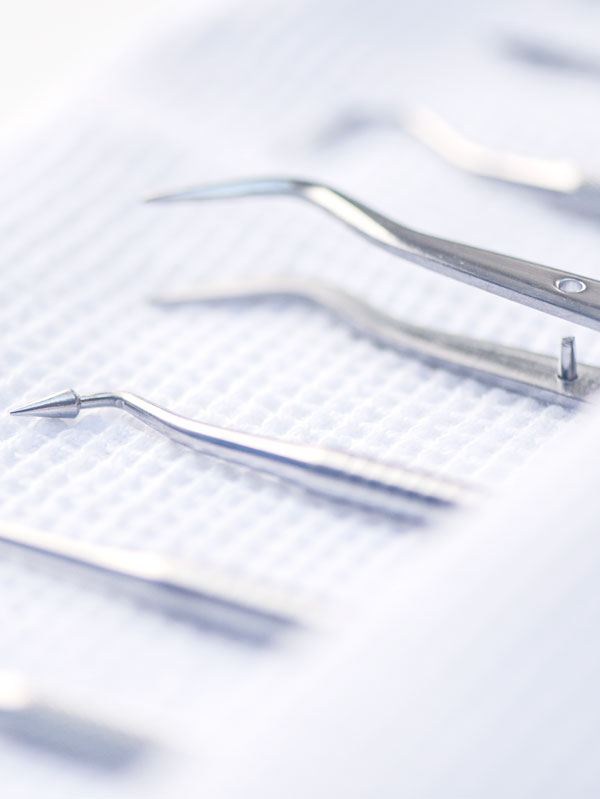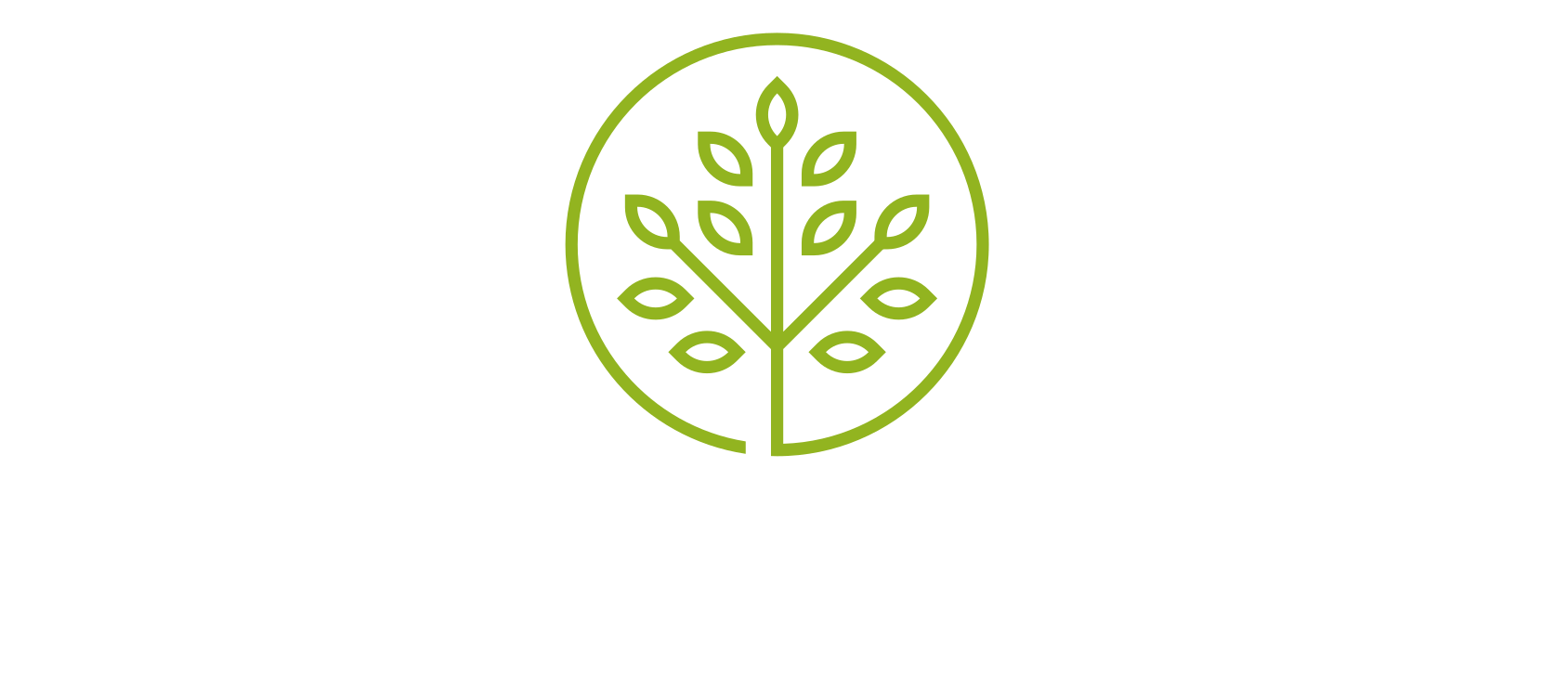General, Cosmetic, and Restorative Dentistry
Get A Brighter Smile from Vale Park Dental


Welcome to Our Practice
Welcome to Vale Park Dental. Dr. Kurt Folke along with our friendly, knowledgeable staff is dedicated to making every visit to our office a great experience. Expert dental care is provided with a warm, personal touch in a comfortable and relaxing setting. Vale Park Dental is a State-of-the-art practice offering patients a full-range of dental services, from routine check-ups, cosmetics, maintenance and follow-up.
Dr. Kurt Folke practices conservative, proactive dentistry utilizing the latest in dental technology in order to blend the art and science of dentistry into a cutting-edge dental practice that will make you smile. Modern dentistry, customer service, gentle approach and patient comfort are always our primary concern and make Vale Park Dental stand out amongst the rest.
Call Us Today!
Our Services
Here are some of the services we offer.
General Checkups
Every 6 months, we provide teeth cleanings and assess your overall oral health.
Orthodontic Care
If your teeth need straightening, we can fit you with braces.
Restoration
Restore your teeth to their best, which can include fillings, crowns, bridges, root canals, and dentures.
Cosmetic Dentistry
We also provide cosmetic dentistry services to fix any defects in your smile.
Teeth Whitening
Foods and drinks can stain your teeth, we can whiten them and remove the stains for a perfect white smile.
Frequently Asked Questions
Buy toothbrushes with soft bristles. Medium and firm ones can damage teeth and gums. Use soft pressure, for 2 minutes, two times a day.
Both powered and manual toothbrushes clean teeth well. Manual brushes with mixed bristle heights or angled bristles clean better than those with all flat, even bristles. Powered toothbrushes may be easier if you have trouble using your hands.
Set a reminder to replace your toothbrush every 3-4 months. Toss it sooner if the bristles look bent or splayed out. Bent bristles don’t clean as well. (They’re also a sign you may be brushing too hard.)
Most toothpastes will clear away bacteria growth and acids from food and drinks. Toothpastes with the American Dental Association (ADA) Seal of Acceptance always have flouride, which strengthens and protects teeth. If you want a non-fluoride option, stores carry toothpastes and powders made with natural ingredients that don’t have ADA testing and approval.
If cold or hot food or drinks make you cringe, pick a toothpaste for sensitive teeth and let your dentist know.
There’s no getting around the need to get around your teeth daily with dental floss. It clears food and plaque from between teeth and under the gumline. If you don’t, plaque hardens into tartar, which forms wedges and widens the space between teeth and gums, causing pockets. Over time, gums pull away and teeth loosen.
Either waxed or unwaxed floss will do the job. Using floss picks or interdental brushes is another easy option.
Mouthwashes for cavity protection, sensitivity, and fresh breath may help when you use them with regular brushing and flossing — but not instead of daily cleanings. Your dentist can recommend the best type for you.
Some people need twice-daily rinses for gum health or alcohol-free washes for dry mouth.
Kids under 6 shouldn’t use mouthwash to avoid the chance of them swallowing it.
Fluoride helps make teeth strong and prevents decay. The American Academy of Pediatrics, the American Dental Association (ADA), and the CDC all agree that kids should use fluoride toothpaste for brushing, taking care not to swallow it.
Adults benefit from using fluoride to protect their teeth, too.
Medical and dental experts study the use of X-rays and set limits for their safety. Your dentist should take as few as possible.
Expect to get them during a first exam after not seeing a dentist for a while. This helps check tooth and gum health. If you have gum disease, the dentist may want pictures every 6 months. For regular check-ups, it’s about every 2 years, depending on your dentist’s plan.
Kids have more X-rays done than adults because their teeth are changing and because they get cavities more easily.
Sealants protect against cavities that can form in the natural tiny holes and cracks on the outside of teeth. Kids from about 6 to 12 benefit from having sealants painted and hardened onto the chewing surfaces of their back teeth, or molars. Adults can get sealants as well to protect teeth that don’t have fillings.
Dentists or dental assistants put sealants on in an office visit, and it’s painless. They last around 2-4 years.
Yes, sweets and foods with acid, like candy and soda, could stick to teeth and lead to cavities. Smoking and chewing tobacco can cause oral cancer and gum disease.
While teeth are strong enough to chew ice and tear open packages, this can break them and stress your jaws. Gritting or grinding down on teeth when you’re stressed may crack them.
Biting your nails is another bad habit. It pulls your jaw out of position and changes how your teeth fit together.
Caps and crowns cover problem teeth by surrounding them in a material that looks like a real tooth. They use the root and inside of the tooth as a base to build on, then attach with special cement.
Veneers and bonding improve your smile by sticking a layer of smoother and whiter materials like porcelain or resin to the natural tooth.
Talk with your dentist about which fix is right for you.
Your Dentist Knows Best
Don’t rush when you brush!
Visit your dentist once every 6 months
Don’t Forget to Floss!
